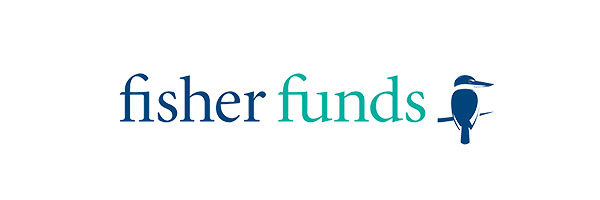InvestNow News – 20th Dec 19 – Fisher Funds – Boots on the ground: Our US trip

18 December, 2019 – Ashley Gardyne – Senior Portfolio Manager — International Shares
The 24-hour news cycle, political controversies and market volatility create dangers for investors. The danger is often not so much the events themselves, but our response to them. Our recent US trip reminded us of these pitfalls and why fundamental research and a long-term perspective are the best protection.
I travelled to the US earlier this month to catch up with our portfolio companies and hunt for new investments. I happened to be in Washington during Trump’s impeachment hearing and it was hard to escape the constant media coverage of the hearings and the US-China trade negotiations. Developments like these can impact market sentiment, and if investors aren’t careful, they can also impact rational decision making.
Risk aversion is human and inescapable, but combined with the 24-hour news cycle it can hurt your portfolio
Psychologists have found that we feel a loss about twice as severely as we experience a gain, which can result in a behaviour known as risk aversion. On a daily basis share markets tend to fall as often as they gain, and because investors feel the pain of loss more acutely than the thrill of a gain, this volatility can cause people to stay out of the market. The anguish of watching a portfolio balance fluctuate is simply too much to bear, even if the long-term prognosis is good. Political and economic headlines contribute to this sense of risk – and our aversion to it. This results in many people never investing and missing the potential for significant gains.
To illustrate this point, 2018 ended with huge concerns about the trade war, slowing global growth, and a hawkish Federal Reserve. These concerns caused panic in markets and the US S&P 500 Index fell almost 20% in the last quarter of 2018. Some of these concerns still exist, but despite these fears markets have rallied strongly in 2019, with the S&P 500 Index up 26% as I write.
